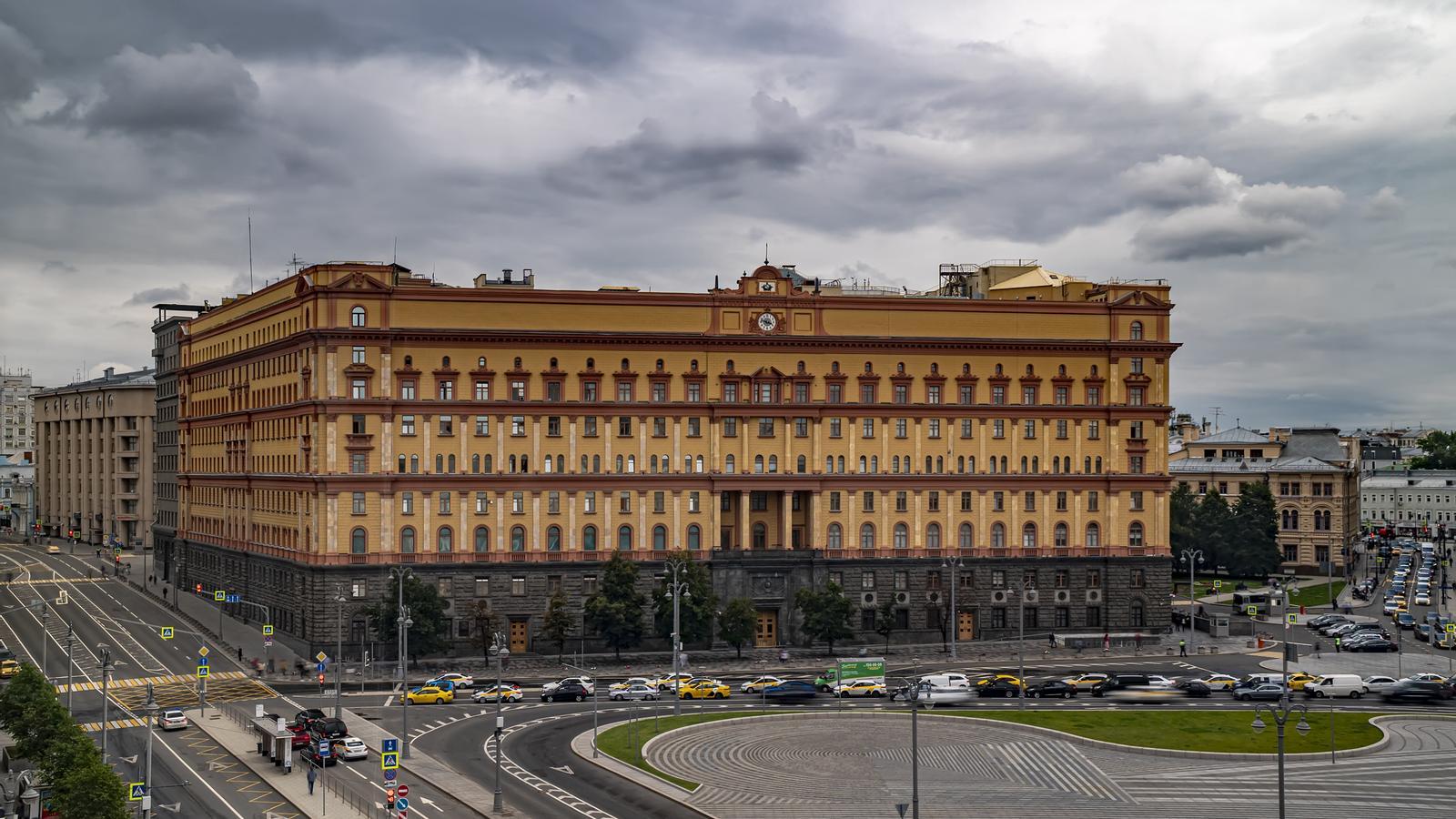Putin recovers KGB prisons
Activists fear it will open the door to an escalation of repression by the Russian regime in the form of detention camps for dissidents.


MoscowMoscow's Lubyanka building has gone down in history as an emblem of Stalinist terror: the KGB's spies' headquarters in Moscow and the prison where dissidents were interrogated and tortured before being sent to Siberian labor camps. The headquarters was closed in the 1960s, but it wasn't until 2006, 15 years after the fall of the Soviet Union, that the secret services relinquished control of the last pretrial detention centers. Now, however, a new law will allow the FSB, the KGB's successor, to recover its prison network, and human rights organizations have already raised the alarm.
When Russia joined the Council of Europe in 1996, Vladimir Putin pledged to transfer all FSB centers to the Ministry of Justice. The other member states of the Council did not welcome the idea of a prison system dependent on intelligence services, and ten years later, Putin eventually gave in. But since Russia was expelled from the institution for the invasion of Ukraine, the Kremlin no longer feels bound by any commitment.
One of the driving forces behind the initiative to return prisons to the secret services, MP Vasili Piskarev, justifies this by arguing that, since the war, threats from foreign countries against Russia have multiplied. "From 2015 to 2024, cases of treason, espionage, terrorism, and extremism have tripled, and the number of suspects, accused, and detainees has quadrupled," he asserts.
A "black hole"
When this law comes into force on January 1, 2026, the FSB will have power over detainees from the moment they are arrested and throughout all procedural actions. Olga Romànova, director of the NGO Russia Behind Bars, fears that, in this black hole, "human rights violations will flourish." "I think illegal interrogation methods, such as the use of psychotropic drugs, will be used, and it is unlikely that we will be able to prove it," she explains to ARA.
Lawyers are also concerned about the loss of their clients' guarantees. In statements toAdvocate's GazetteAleksander Polchenko warns that the visiting regime could be tightened and the confidentiality of conversations between lawyers and defendants could be violated. Furthermore, the director of the secret services will have the power to establish his own regulations in the centers and, if the dynamics of 20 years ago are repeated, consider them classified material.
The FSB will even have special cars on trains to transport inmates, as well as ships and planes that the Federal Penitentiary Service must cede. "This logistics is definitely Stalinist," write Andrei Soldatov and Irina Borogan in an article on the website of the Center for European Policy Analysis. These two journalists specializing in Russian intelligence recall that, in the 1930s, the scope of repression caused the NKVD, the precursor to the KGB, to take over all road construction throughout the country.
According to researchers, intelligence services have always monitored some Soviet-era penitentiary centers. Soldatov and Borogan point out that Moscow's Lefortovo prison, where dissidents and suspected spies were held during Stalin's purges, "has fully retained its status as a prison for enemies of the state" to this day. Its staff came under the Ministry of Justice, but in reality, they reported to the FSB.
Is the ghost of the gulag returning?
But if they maintain informal control over some prisons, why do they need even more powers? For Romanova, it's almost a question of greed. "The FSB has already regained maximum power. They can enter any pretrial detention center, any colony, do whatever they want. But it's not their fiefdom. They want their own," she says.
According to Soldatov and Borogan, the new law "demonstrates preparations for repression on a scale we have never seen before." They are convinced that the persecution of critics of the regime will intensify and that the empowerment of the FSB lays "the foundation for a new gulag," the Soviet system of forced labor camps.
Aleksander Podrabinenko was, precisely, one of the victims of the gulag in the 1980s. In a recent article in the Russian independent newspaperWord Zashite, the journalist subscribes to this prediction and goes further: "Over the past twenty years, the country has, in many ways, returned to its Soviet past, and the restoration of the NKVD and the Gulag is no exception. political [the Gulags] and, possibly, a special procedure for dealing with political cases in court."
